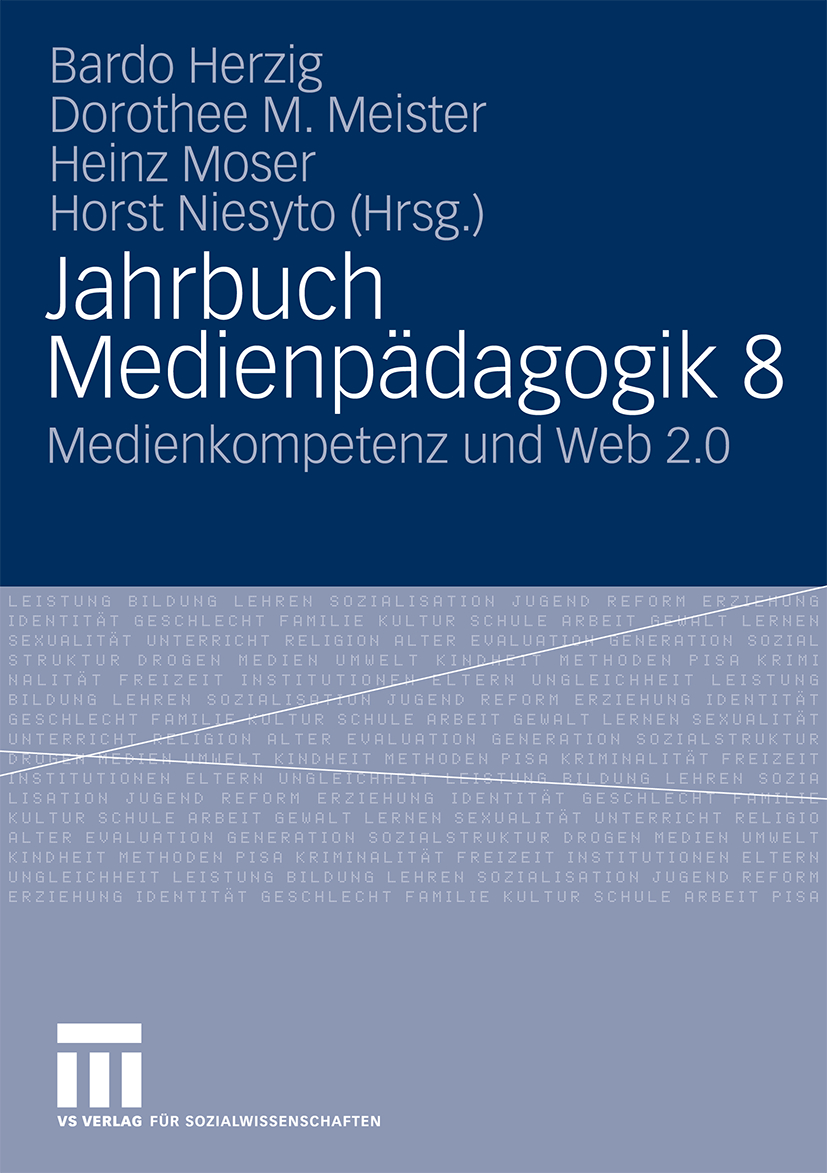Jahrbuch Medienpädagogik 8
, Articles
The Empirical Assessment Of Media Literacy Using A Triangulative Combination Of Qualitative And Quantitative Research Methods
Articles
Published
2010-03-01
Klaus Peter Treumann
Universität Bielefeld
Markus Arens
Universität Bielefeld
Sonja Ganguin
Universität Bielefeld
